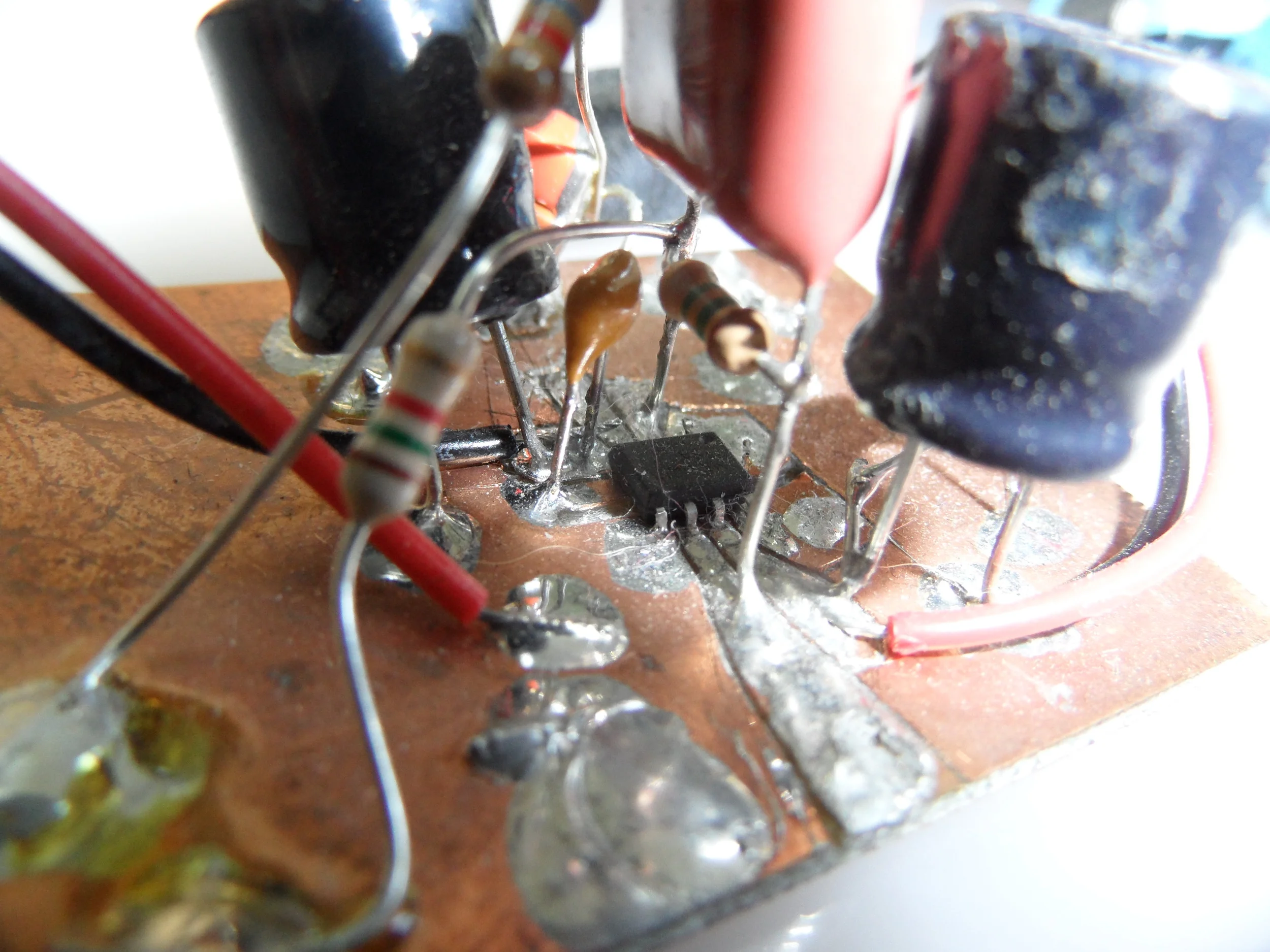Well there goes another absolutism. It's not all about KISS, but I've found it goes a long way. KISS = Keep It Simple Stupid. All too often I see engineers whip out pages of advanced mathematical proofs when some simple reasoning, handwaving, and algebra would have been a much better choice. So, why do engineers like to flex their math muscles? I suspect multiple reasons, including:
That's what the professor did in college
It feels good to feel smart
We spent a lot of money learning how to do math
We can play smoke and mirrors
Anyways, let's get down to some details. Not too long out of college I was working on a problem involving the interpolation of position of an object between multiple sensors. The problem was this: Given the Signal-to-Noise Ratio (SNR) of an object on a sensor, the distance between adjacent sensors, how much distance can we interpolate between the sensors without getting noisy readings? Well, since the algorithm we were using was center-of-mass-based, I started using the center-of-mass equation and plugging in a noise term to see if something interesting popped out. Before I could finish the awe-inspiring analysis, something else came up and I had to drop it.
A couple years went by and it was clear that we really needed to solve this problem. By now I was much more experienced with KISS thinking. This time I tried again using basic reasoning skills and algebra. I was surprised at how easily I crafted a solution. I reasoned that if the SNR is 10 and the distance between sensors is 5mm, you only have 10 pieces of useful information to resolve a distance of 5mm. So, you should be able to resolve about 5mm/10 = 0.5mm without noise. I tested this simple relationship and it seemed pretty close to experimental results. Wow, that's it?! I distributed a short write-up to others in my group with this reasoning. Several engineers shot back at me asking for the mathematical proof and corner case arguments. They expected lots of math just like I did several years earlier. Eventually an engineer did produce about two pages of mathematical rigor and came to the conclusion that I was off by 10%. But I still maintained that the way I did it was advantageous because:
The rest of the team could easily absorb and promote this simple explanation.
10% was good enough for our purposes.
KISS helps a team communicate and move quickly. Teamwork aside, many times I've reviewed mathematical proofs only to find a blatant error buried inside that went unchallenged. Or more often the proof is correct but the underlying assumptions are incorrect. So be careful of smoke and mirrors! Even if I can verify that the mathematical proof is correct, I sure as heck have a hard time getting any useful intuition from it.
In closing, don't get me wrong - there are times that call for serious math. But too often we reach for it too soon.


